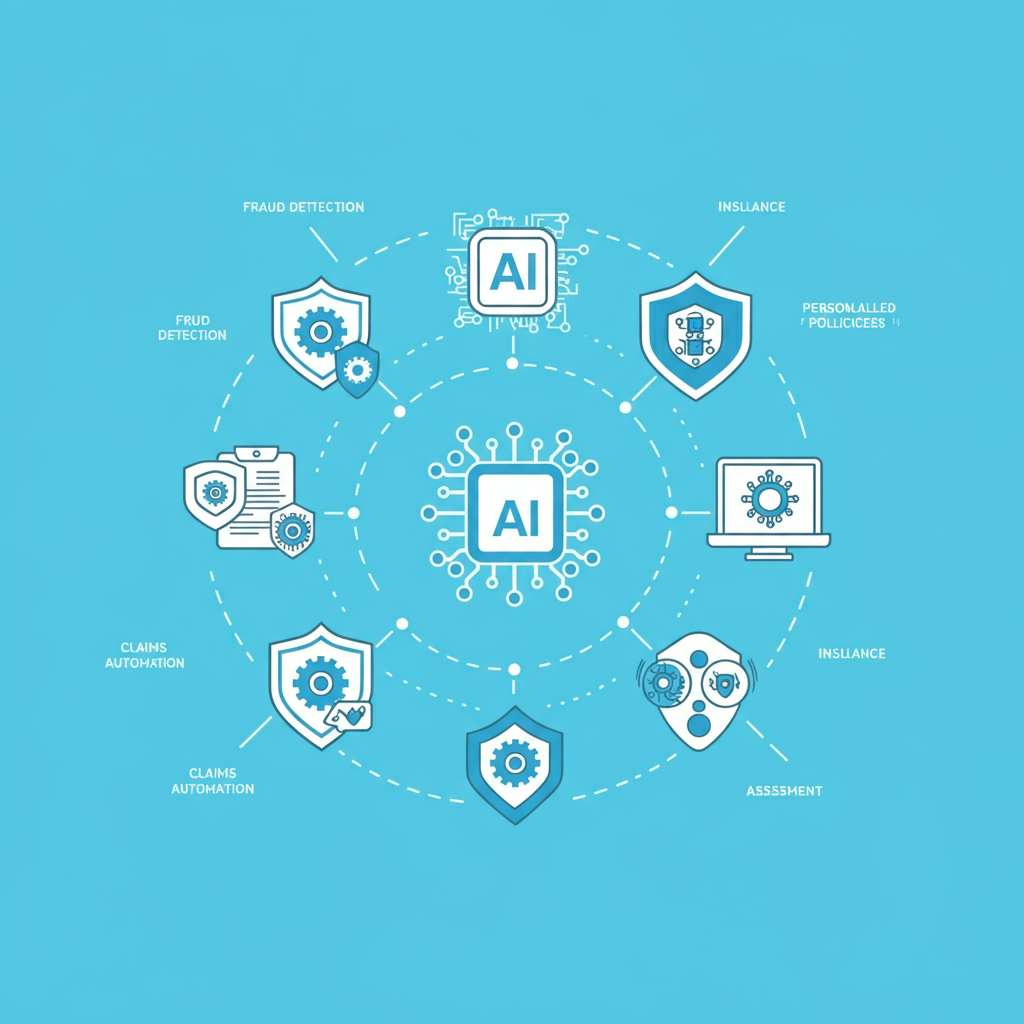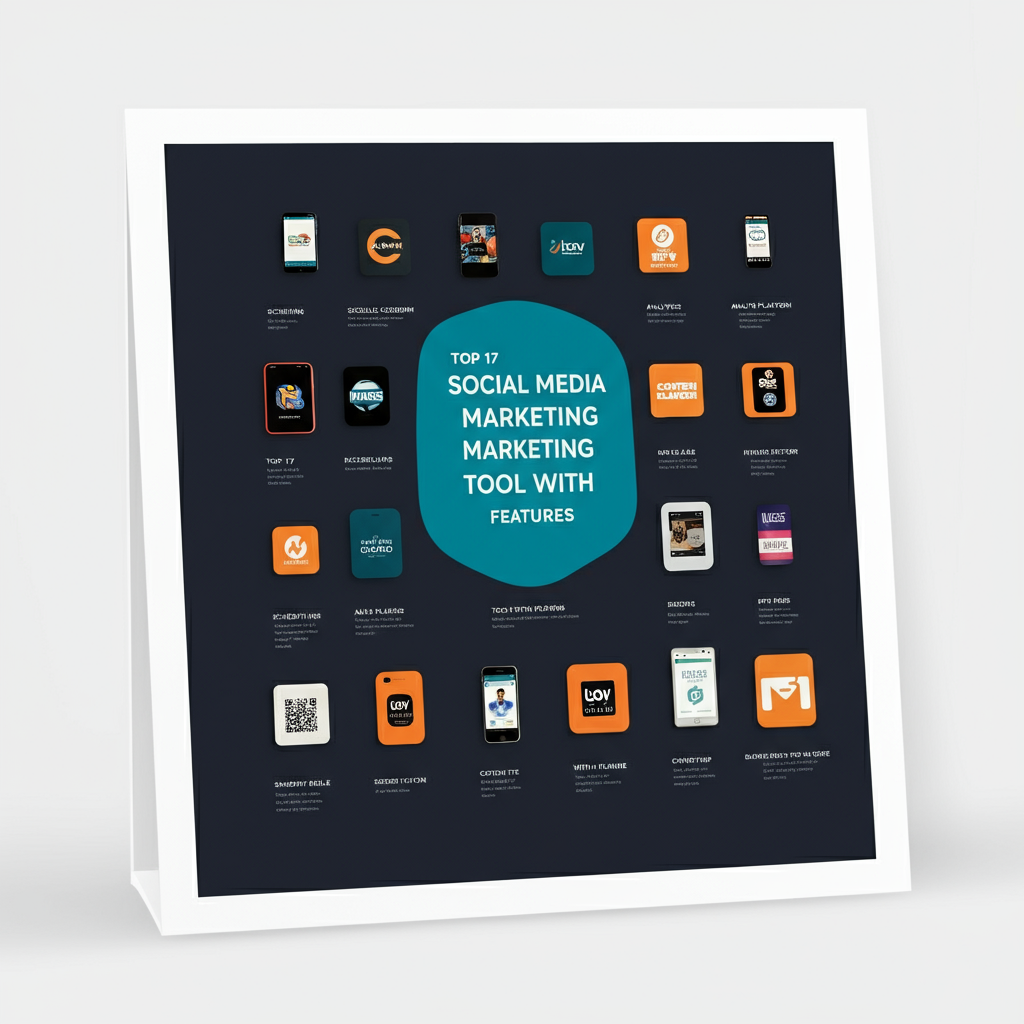Artificial Intelligence (AI) is reshaping almost every industry, and insurance is no exception. From enhancing customer experiences to optimizing claims processing, AI technology is rapidly transforming how insurers operate. Curious how? A recent study reveals that over 60% of insurance companies are actively using AI technologies, with adoption expected to soar further in the coming decade.
This guide dives deep into the growing role of AI in insurance. Specifically, we’ll explore eight real-world applications of AI that are revolutionizing the industry, improving efficiency, reducing operational costs, and delivering better customer experiences.
Enhancing Customer Experience with AI
AI-Powered Chatbots for Instant Support
Imagine you’re a policyholder with an urgent question about your flood coverage. Instead of navigating endless menus or waiting on hold, AI chatbots provide instant 24/7 assistance, answering queries in seconds. These bots use Natural Language Processing (NLP) to deliver human-like support, resolving most issues without human intervention.
Example: Insurer Lemonade employs AI-powered chatbots to handle customer inquiries and onboarding. By guiding users through the claims or policy setup process, these bots save time while improving customer satisfaction.
Personalized Recommendations and Policy Customization
AI analyzes customer data to recommend the most suitable insurance policies based on individual preferences and circumstances. Variables like age, income, location, and risk tolerance are analyzed to create tailored offers for each customer.
Story: Meet Sarah, a self-employed graphic designer. She found an insurance policy uniquely suited to her lifestyle through AI. Using her provided data, algorithms offered her a premium health policy that covered gaps she hadn’t even considered. Result? Peace of mind and full coverage for unexpected events.
Improving Efficiency in Claims Processing
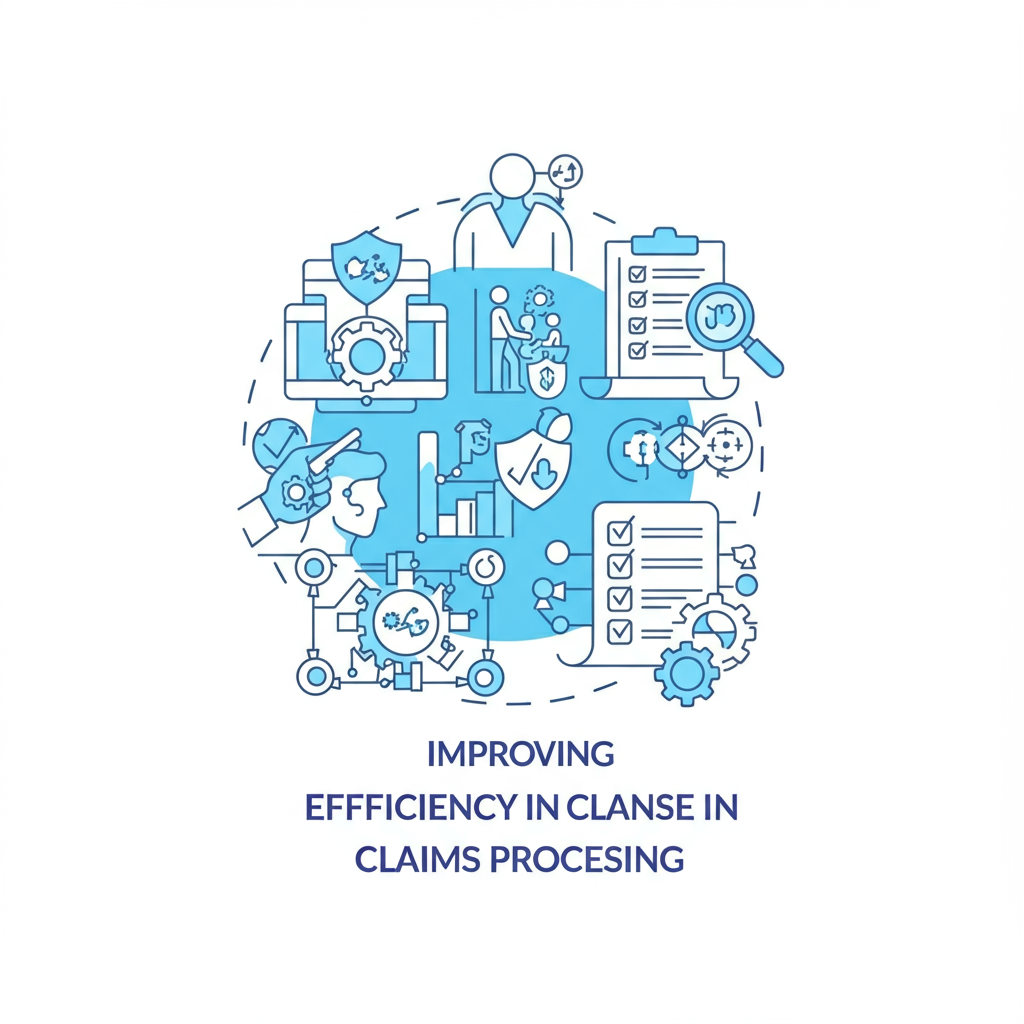
Automated Claims Assessment
Gone are the days of time-consuming, manual claims processing. AI algorithms now evaluate claims using image recognition and predictive analytics. By comparing data from similar claims and assessing damages, AI accelerates settlements while minimizing errors.
Case Study: Allstate employs AI to process auto claims within minutes. Customers submit photos of vehicle damage, which are analyzed by AI models. The result? A process that used to take weeks is now shortened to hours, leading to higher customer satisfaction.
Fraud Detection
Insurance fraud costs billions every year, draining resources and driving up premiums. AI tackles this by recognizing patterns and anomalies in claims data to flag potentially fraudulent activities.
Example: Zurich Insurance saved millions by using AI to detect false claims. A flagged pattern revealed an unusual frequency of claims from a particular region, prompting further investigation and preventing significant financial losses.
Streamlining Operations and Reducing Costs

Predictive Analytics for Risk Assessment
Data is currency in the insurance world, and AI takes it one step further with predictive analytics. By analyzing historical data, AI identifies patterns and predicts future risks, helping insurers set accurate premiums and avoid unnecessary payouts.
How it Helps: If historical data shows a sharp increase in claims during a certain season, AI ensures premiums are adjusted accordingly, balancing profitability and customer fairness.
AI in Underwriting
Traditional underwriting involves lengthy processes requiring extensive manual work. AI automates underwriting by analyzing customer profiles, assessing risks, and determining eligibility in real-time.
Example: A mid-sized insurance company integrated AI-powered underwriting tools and achieved 35% faster policy issuance rates, reducing customer wait times and operational costs.
AI in Marketing and Sales
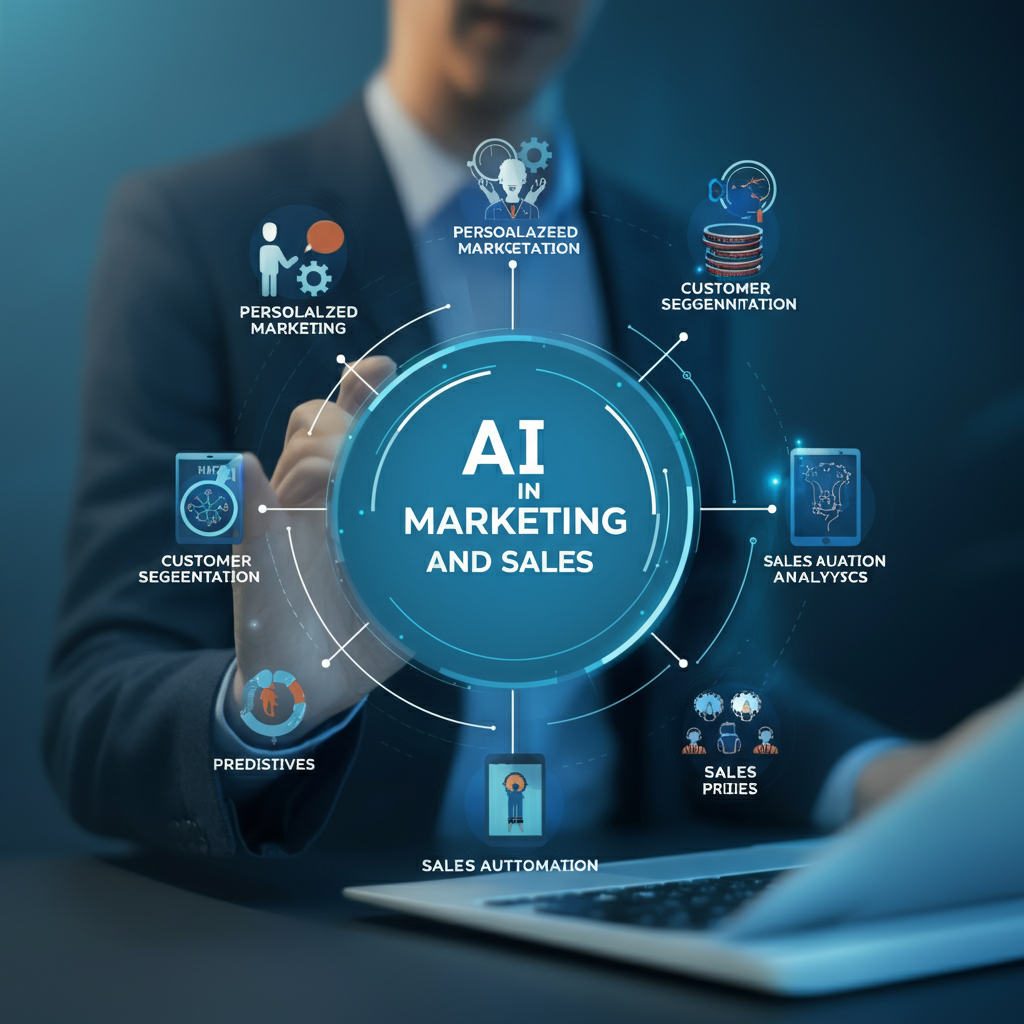
Targeted Marketing Campaigns
AI analyzes customer buying behaviors, preferences, and engagement history to craft highly personalized marketing campaigns. These tailored communications lead to improved conversion rates and lower acquisition costs.
Story: A North American insurer boosted sales by 22% using AI insights to create highly localized email campaigns targeting young drivers with competitive auto insurance rates. This precision targeting made a direct impact on their bottom line.
Lead Generation
AI automates lead prospecting by scanning behavioral data and online activity to identify potential customers. Insurers can then engage these leads with personalized content through dynamic ads and automated email funnels.
How It Works: By monitoring social media engagement and website visits, AI tracks prospects who show interest in life insurance. These hot leads are flagged for follow-up, ensuring sales teams focus their energy on the most promising opportunities.
AI for Regulatory Compliance and Reporting
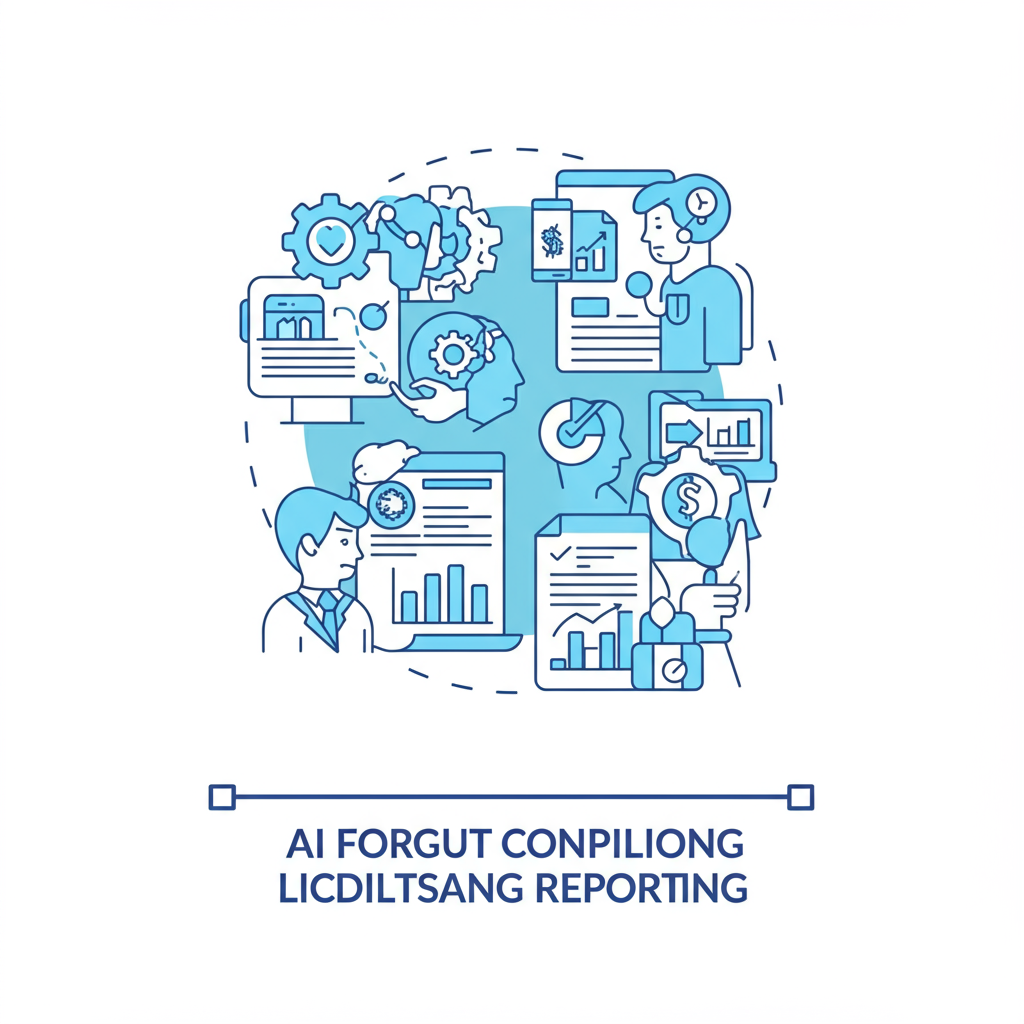
Automated Compliance Checks
Insurance companies operate under strict regulations, which can change frequently. AI automates compliance checks by comparing new regulations to internal processes, ensuring adherence without labor-intensive reviews.
How It Helps: Organizations using AI avoid costly fines and penalties, as AI continuously updates and applies the latest compliance frameworks to its assessments.
AI-Driven Reporting
AI consolidates massive datasets into detailed reports, offering insurers actionable insights at a glance. These insights can improve transparency, enabling insurers to make strategic adjustments promptly.
Example: A multinational insurer used AI-generated reports to identify underperforming policies. These insights helped them adjust pricing strategies and improve customer satisfaction metrics.
The Future of AI in Insurance

Emerging AI Technologies
The future of AI in insurance promises exciting developments. Emerging tech like machine vision will revolutionize car insurance claims by analyzing accident scenes in real-time, while advanced AI models will improve hurricane damage predictions for home insurers.
Expert Opinion: Industry analysts predict AI insurers that invest early in emerging technologies could gain a 35% cost advantage just within the next five years.
Challenges and Opportunities
While AI offers incredible promise, there are challenges, too. Insurers must tackle issues like data privacy, bias in algorithms, and the high costs of integrating AI. But with these challenges come opportunities for growth and innovation.
Organizations that overcome these hurdles can pave the way for a more efficient, customer-focused future.
Why Insurance Needs to Embrace AI Now
Insurance isn’t just evolving; it’s being redefined by AI. From revolutionary claims processing to highly targeted marketing, AI is empowering insurers to work more intelligently and serve their customers better. Insurers that adapt now will enjoy significant advantages in efficiency, customer loyalty, and profitability. Those who hesitate risk falling behind.
Are you ready to take your business to the next level with AI? Keep exploring innovative tools and technologies, and don’t miss the chance to lead in this digital revolution.
